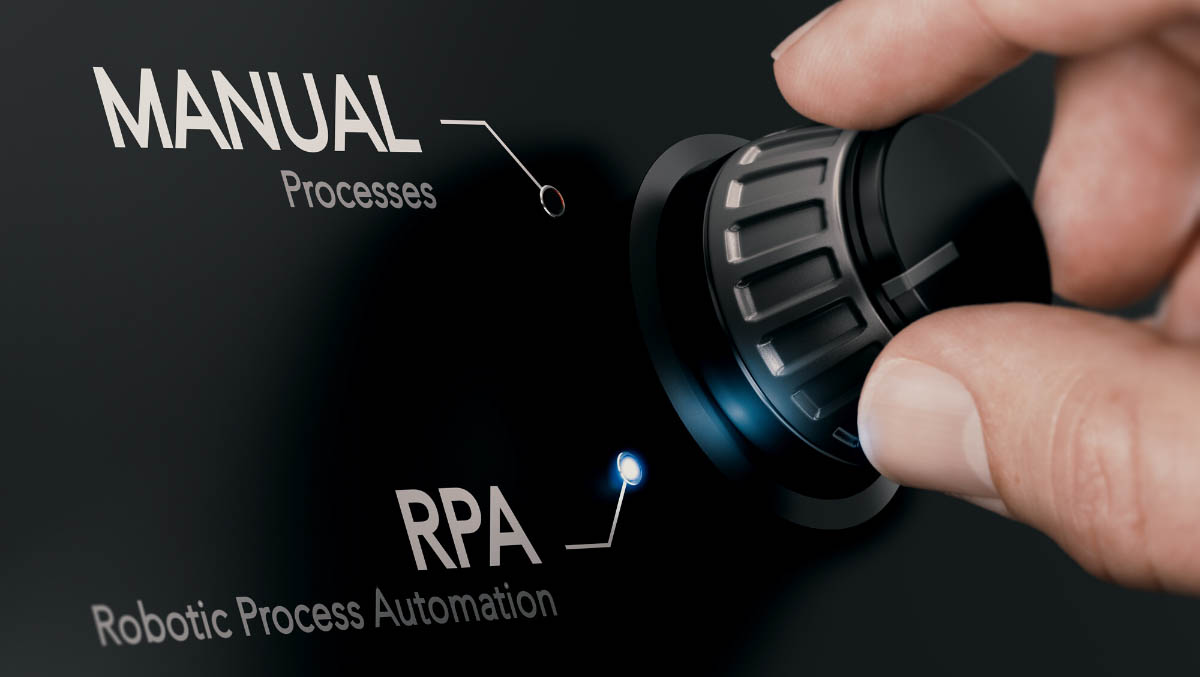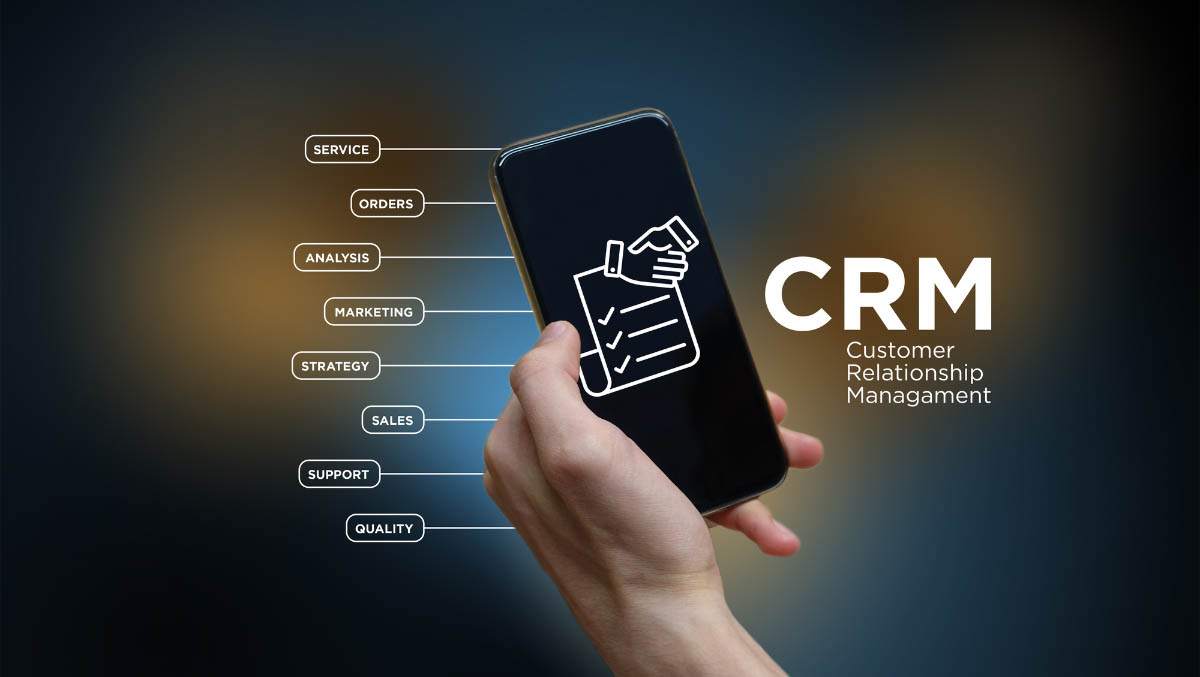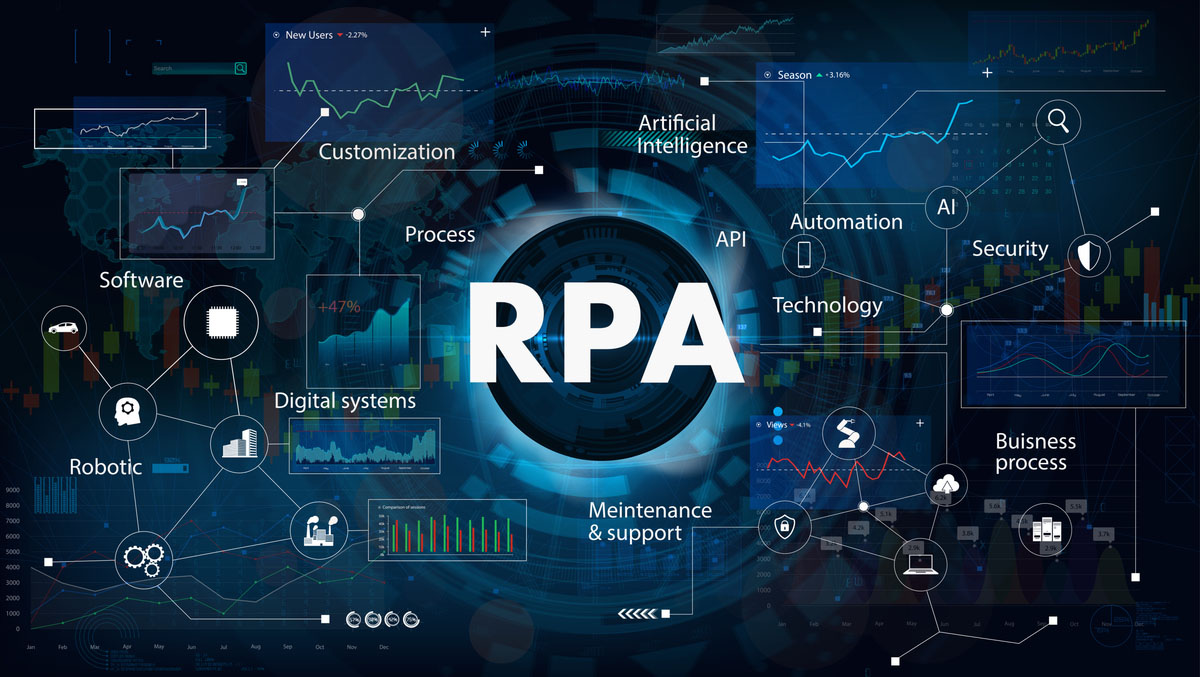The technical solution for delivering tests through physical test centers and online is implemented using a combination of modern technologies. The core of the solution is built using Java and J2EE, which provide a robust and scalable foundation for the platform. The solution makes use of Spring framework for dependency injection, and REST web services for communication between different components of the system.
The test items are stored in an XML format and are transformed into a suitable format for rendering using XSLT. The test-taking interface, iViewer, is built using HTML5, CSS3, and JavaScript, along with JQuery and NodeJS to provide a rich, interactive experience for users. Additionally, it also uses SSML to provide support for assistive technology like JAWS, which is used to help users with visual impairments.
The solution also makes use of WCAG standards to ensure that the tests are accessible to users with disabilities. The codebase is managed using SVN and the platform is deployed on JBoss Application Server. Build and deployment are managed using Maven and Jenkins. The system is monitored using Splunk and JIRA is used for issue tracking. The solution is deployed on Unix servers.
In summary, Unify test delivery platform is developed with a combination of industry-standard technologies like Java, J2EE, Spring, Rest Web Service, XSLT, XML, HTML5, CSS3, JavaScript, JQuery, NodeJS, SSML, WCAG, JAWS, SVN, JBoss, Maven, Jenkins, Splunk and JIRA, which provides a robust and scalable solution to deliver tests through physical test centers and online while ensuring a seamless and consistent experience for users, with the added benefit of web accessibility.
Customer Success Outcomes:
With the implementation of Unify, our customers can expect the following success outcomes:
Seamless and consistent test-taking experience: Unify enables the delivery of tests through physical test centers and online, providing a seamless and consistent experience for users regardless of how or where they are taking the test.
Improved accessibility: Unify follows the Web Content Accessibility Guidelines (WCAG) to ensure that users with disabilities can access and interact with the tests, making it inclusive for all.
Increased efficiency and security: Unify uses APIs to communicate with the test center systems and synchronize test-taking information in real-time, which allows test centers to monitor the test-taking process and make adjustments if necessary.
Increased flexibility: Unify can host and deliver all types of tests on one single platform, which allows customers to create and deliver tests in multiple formats, including paper-based and digital, on a variety of platforms, including computers, tablets, and smartphones.
Easy maintenance and scalability: Unify is built using industry-standard technologies like Java and J2EE, which provide a robust and scalable foundation, making it easy to maintain and scale as needed.
Better monitoring and reporting: Unify makes use of monitoring tools like Splunk and JIRA for issue tracking, which allows customers to have a better understanding of the system's performance and quickly address any issues that may arise.
Overall, the implementation of Unify will allow customers to deliver tests in a more efficient, secure, and inclusive manner, resulting in a better experience for users and improved performance for their business.

.jpg)
.jpg)
.jpg)
.jpg)
.jpg)
.jpg)

.jpg)
.jpg)
.jpg)
.jpg)
.jpg)
.jpg)
.jpg)
.jpg)
.jpg)
.jpg)
.jpg)
.jpg)
.jpg)
.jpg)



.jpg)


.png)
.png)
.jpg)

.jpg)
.png)
.png)
.png)

.png)
.png)
.png)



.jpg)

.jpg)


.jpg)



.jpg)


.jpg)





